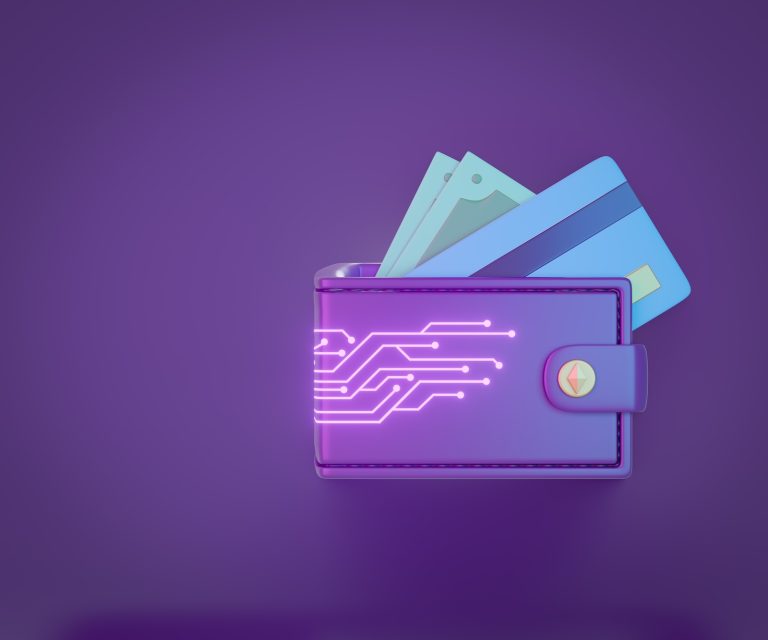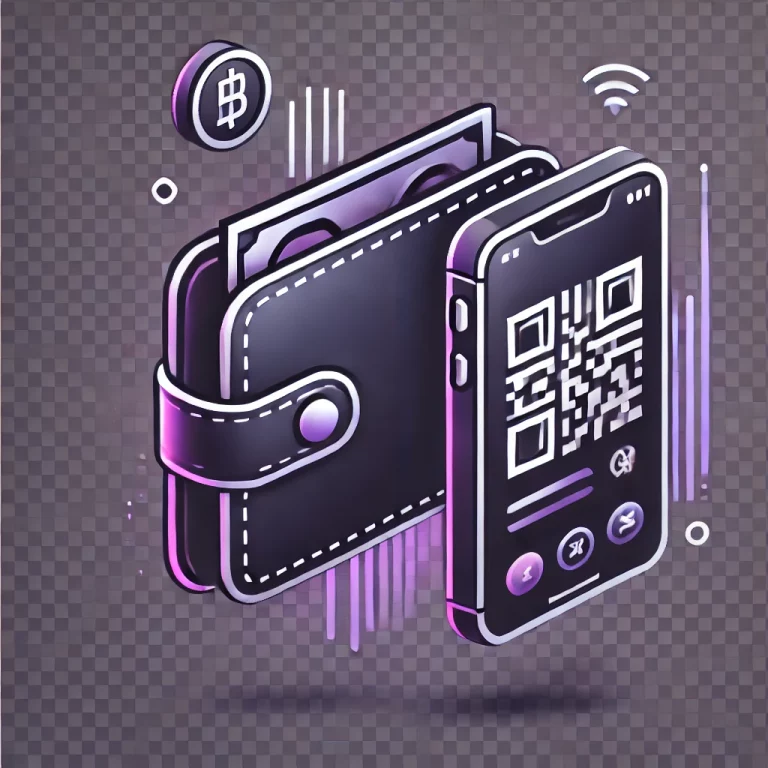A non custodial wallet is a self-custody wallet where you control the private keys — not an exchange or third party. That single difference unlocks permissionless access to DeFi, NFTs, and Web3 apps while removing counterparty risk from centralized platforms. This guide explains the non custodial wallet meaning, how it works, where it shines, risks to plan for, and how businesses can adopt it safely.
If the goal is a production rollout, a white label non custodial wallet is often the most efficient path: self-custody for compliance-friendly control, multi-chain DeFi/NFT access, and enterprise features like spend policies, role-based approvals, and KYT/AML integrations—without a long R&D curve.
Custodial wallet: a provider (exchange, platform) holds the keys and can move funds per their policies.
Non-custodial wallet: you hold the keys; transactions must be signed locally. No one can move assets without your signature.
| Dimension | Non-custodial wallet | Custodial wallet |
|---|---|---|
| Key ownership | User owns private keys (self-custody) | Provider controls keys |
| Access to DeFi/NFTs | Direct, permissionless (non custodial DeFi wallet) | Often limited or gated by platform |
| Recovery model | Seed phrase / social recovery (AA) / MPC shares | Email/SMS resets via provider |
| Counterparty risk | None (no exchange failure risk) | Present (platform, insolvency, freezes) |
| Compliance posture | User manages; businesses add KYT/AML tooling | Provider manages (KYC/AML baked in) |
| Operational effort | Backups, approvals hygiene, device security | Lower effort; higher dependence |
| Best for | Web3 power users, on-chain teams, sovereignty | On-ramp/off-ramp, beginners, trading UX |
Need a broader category view? Check Types of Crypto Wallets.
Note: “non-custodial” (key ownership) ≠ “cold” (offline). For offline methods, see What is a Cold Wallet?
Moving significant value? Pair your software wallet with a hardware signer for safer approvals. See What Is Hardware Wallets?
Forms of non-custodial wallets
- Software wallets (desktop / mobile / browser extension). Best for DeFi, NFTs, and frequent dApp use. Examples include MetaMask-style extensions and mobile apps with WalletConnect.
- Smart-contract wallets (account abstraction). A smart account on-chain can enable social recovery, gas sponsorship, spending policies, and session keys—no seed phrase recovery needed if guardians are set. (AA is expanding across Ethereum L2s.)
- MPC wallet (self-custody variant). Uses multi-party computation to split a private key across devices/people. No single device holds the full key; recovery and approvals can be policy-based.
Looking for deeper architecture pros/cons? Read Mastering Blockchain Wallets
Wallets are also becoming containers for identity. See Decentralized Identity to learn how verifiable credentials and passkeys fit into non-custodial experiences.
Building for growth? Practical onboarding and retention tactics: Crypto Wallet User Retention. Quick Start with White-Label Crypto WalletShip a secure, branded non-custodial wallet in weeks—multi-chain, DeFi/NFT ready, with policy workflows and enterprise controls.Contact us on Telegram
Quick Start with White-Label Crypto WalletShip a secure, branded non-custodial wallet in weeks—multi-chain, DeFi/NFT ready, with policy workflows and enterprise controls.Contact us on Telegram
For high-value operations, add a hardware signer to your stack: What Is Hardware Wallets?
Setup & Recovery Basics
- Create a non-custodial wallet in a trusted app/extension.
- Record the seed phrase (12/18/24 words) by hand; store offline.
- Optional: passphrase or social recovery.
- Passphrase (advanced) creates a separate hidden wallet derived from the seed.
- Social recovery (AA smart-contract wallet) uses guardians you select; no seed phrase needed.
- Test a small restore on another device or profile to ensure backup works.
- Tune security: set a strong PIN/biometrics, limit token approvals, and enable notifications.
- Document derivation/account paths if you operate multiple chains or wallets.
Want offline storage for part of your holdings? See What is a Cold Wallet? for transfer patterns and air-gapped options.
Non-custodial wallets for business
- Security model
- Hardware-signer support; AA (smart-contract wallet) or MPC wallet self-custody for policy-based approvals; transaction simulation and human-readable prompts.
- Compliance
- KYT/AML integrations, sanctions screening, audit logs, role-based access.
- UX & growth
- Web2 logins/passkeys (AA), multi-chain dApp access, mobile and desktop parity; proven onboarding and retention metrics.
- Integration
- Treasury/ERP connectors, DEX/DeFi tooling, NFT and loyalty program support, SDKs and APIs.
- Scalability
- Multi-tenant design, workspace segregation, granular policies, exportable data.
 Need a production-ready path?Quick Start with White-Label Crypto Wallet — secure, branded non-custodial wallet with multi-chain support, policy workflows, and DeFi/NFT integrations.Contact us on Telegram
Need a production-ready path?Quick Start with White-Label Crypto Wallet — secure, branded non-custodial wallet with multi-chain support, policy workflows, and DeFi/NFT integrations.Contact us on TelegramFAQs
Is a non-custodial wallet safer than an exchange account?
For counterparty risk, yes—no platform can freeze or lose your assets. But safety depends on your practices: protect backups, verify approvals, and consider a hardware signer.Can a non-custodial wallet be recovered without a seed phrase?
Yes—account abstraction supports social recovery via guardians, and some solutions use MPC shares instead of a single seed. Understand the recovery flow before depositing funds.Do I need a hardware wallet for non-custodial use?
Not strictly, but it’s recommended for material balances. A hardware signer confirms details on-device and keeps keys isolated.Non-custodial vs cold wallet—is it the same?
No. Non-custodial is about who owns the keys. Cold wallet is about being offline. You can have a non-custodial hot wallet (online) or move funds into non-custodial cold storage.What is a non custodial wallet in one sentence?
A non-custodial wallet is a self-custody wallet where you hold the private keys, enabling direct, permissionless access to DeFi and Web3.Conclusion
The non-custodial wallet definition boils down to control: you hold the keys and sign locally. That control unlocks DeFi, NFTs, and Web3 without platform gatekeepers yet, it also demands disciplined backups, safe approvals, and the right tooling. For individuals, start small, test recovery, and add a hardware signer as value grows. For businesses, combine non-custodial wallets with policy engines, AA or MPC approvals, and compliance integrations.
Talk to ND Labs
We design and deliver white label and custom wallet solutions